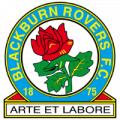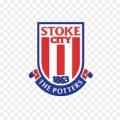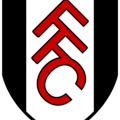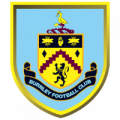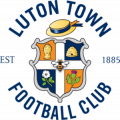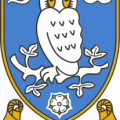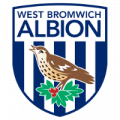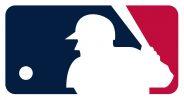Discussion regarding the designated hitter coming to the National League has been rampant for some time now and, while the Senior Circuit has been able to hold off on making that decision to this point, a change might be on the horizon.
According to St Louis Cardinals general manager John Mozeliak, the momentum is mounting to bring the DH to the National League.
“I do feel like there were times I could look all of you in the face and say it’s a non-starter, it’s not being discussed at the owner level or GM,” Mozeliak said, via Derrick Goold of the St. Louis Post-Dispatch. “But over the past year it has. I’m not suggesting you’re going to see a change but I definitely think the momentum (has changed).”
Mozeliak also said that bringing the DH to the NL full-time by 2017 seems a little too ambitious, and Goold noted the possibility of slowly introducing the idea, maybe by having the DH in all interleague games, regardless of whether they are played at NL or AL parks.
But even if it is inevitable, bringing the designated hitter to the National League is incredibly disappointing.
Proponents of this move received some added fuel to their argument last season when Cardinals ace Adam Wainwright injured himself while hitting. One National League pitcher who came out in support of the DH was the Washington Nationals’ ace Max Scherzer.
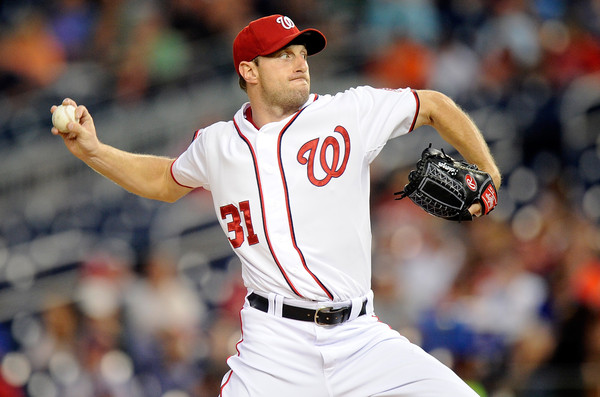
"If you look at it from the macro side, who'd people rather see hit—Big Papi or me?" Scherzer told Jon Heyman of CBS Sports. "Who would people rather see, a real hitter hitting home runs or a pitcher swinging a wet newspaper? Both leagues need to be on the same set of rules."
He has a point—there are some fans out there who love home runs and offense, and would probably love to see a big bopper hitting in the middle of a lineup rather than a pitcher hitting at the bottom.
If that is a case, they can stick to watching the American League. What is the problem with that?
The NL is so much different than the AL without the designated hitter, which is why the NL needs to stand firm. The NL has the sacrifice bunt, the double switch and a host of other strategies that managers must employ on a nightly basis. The AL simply cannot offer those things and, if the DH becomes a universal position in Major League Baseball, those fundamentals could be eradicated for good.
Heck, even a simple pitching change is much easier in the American League than the National. In other words, the chess match between opposing managers is not nearly as captivating in the AL.
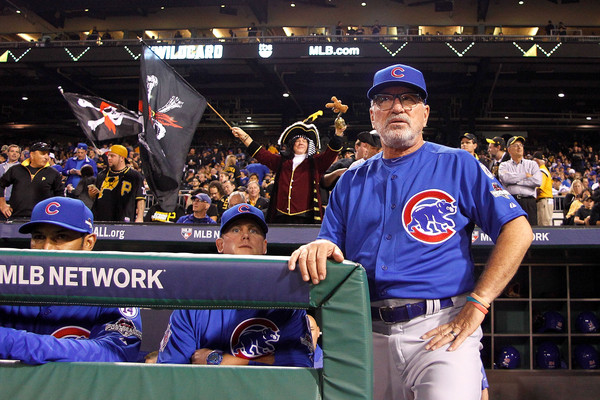
In the American League, the manager does not have nearly as many factors to worry about, most notably pinch-hitting for the pitcher. To illustrate this, here is a common situation in baseball.
Let's say Team A is winning by two runs in the seventh inning and the pitcher is due up next with runners on first and second with one out. The manager has a tough decision on his hands: Does he leave the pitcher in the game to pitch another inning even though it likely means they won't tack on any runs that inning, or does he elect to use a pinch hitter in an attempt to add some cushion to the lead even though that move will result in leaning heavily on the bullpen to finish the game?
An American League manager is never faced with this dilemma. All he has to do is monitor the pitcher, and when he gets tired or ineffective, put in a reliever.
Personally, as a longtime diehard fan of the game, thinking along with each manager during the game is one of the best parts of baseball.
Again, there are probably a plethora of fans out there that don’t really care about the finer points of the game—they prefer to see batters hit the ball as far as they can in high scoring games. That’s perfectly fine. They can stick with the AL, but the National League certainly does not need to change its rule book to satisfy those fans.
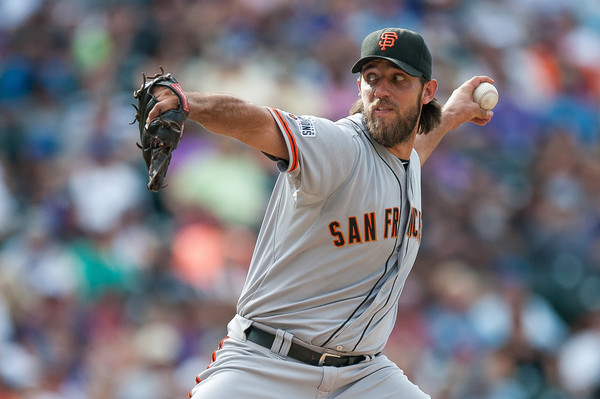
Then there’s the argument that in the National League, pitchers are more likely to injure themselves while batting. In defense of this, this writer will let Giants ace Madison Bumgarner do the talking:
“What if [Wainwright] got hurt pitching? Should we say we can’t pitch anymore?” Bumgarner told Andrew Baggarly of the San Jose Mercury News. “I hate what happened to him. He works his butt off out there. But I don’t think it was because he was hitting. What if he gets hurt getting out of his truck? You tell him not to drive anymore?
“That’s the way the game has to be played. I appreciate both sides of the argument and I get it. But [ending pitcher plate appearances] isn’t the way to go about [addressing] it.”
Hitting is part of the game, and it shouldn’t be outlawed just because a pitcher gets hurt every so often. If a pitcher doesn’t want to risk injury, he can just refuse to take the bat off his shoulder. It wouldn’t help his team much, but it would ensure his safety.
Which brings up another positive thing about the DH-free National League: it puts a premium on pitchers that can swing it a little bit. If one team’s pitcher is willing to dedicate himself to improving as a hitter—if he can handle the bat, bunt and move runners over when he needs to—his team will have a distinct advantage over the other team’s pitcher who refuses to do those things.
All in all, baseball is a much better game when all nine players hit for themselves. It requires players to be better-rounded and it makes it a much more interesting ball game from a strategic standpoint.
Who knows what will happen in the future? The owners might decide to institute the designated hitter in both leagues. Or they might not. But whatever happens, having a DH in one league and no DH in another is terrific because it gives fans the opportunity to watch whichever brand of baseball intrigues them most.
And if the owners take that privilege away, it will be a travesty.



